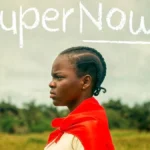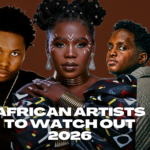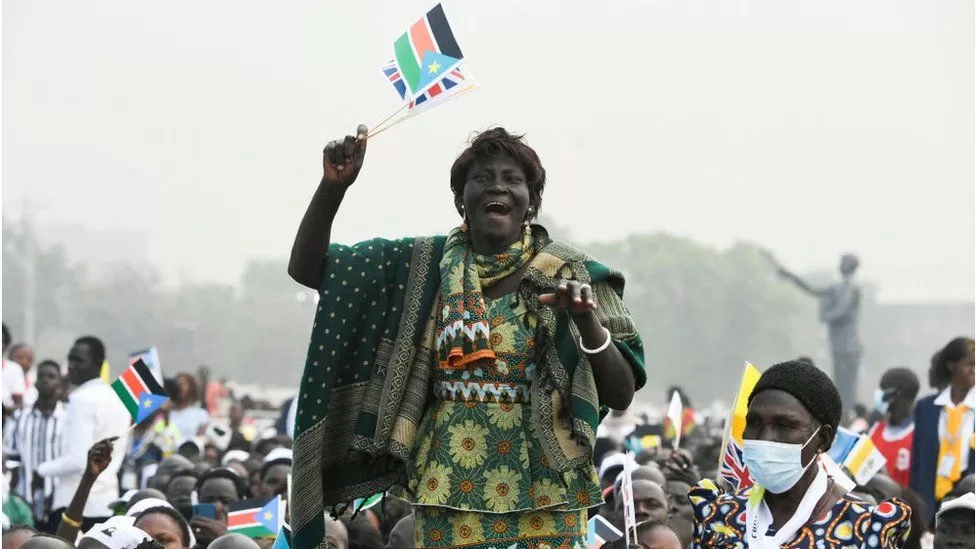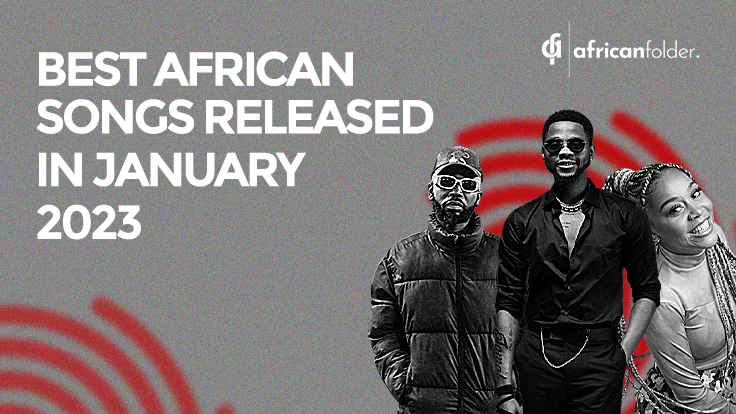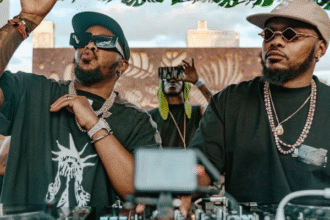South Sudan, officially known as the Republic of South Sudan, is one of the youngest nations in the world and also the world’s newest nation. On July 9, 2011, it gained independence from Sudan, becoming Africa’s 54th country and the newest nation in the world. With a population of around 12.5 million people and an area of 619,745 square kilometers, South Sudan is known as the world’s youngest nation.
Despite its young age the nation has faced several challenges, including ongoing conflict, political instability, and economic difficulties. The country is rich in natural resources, including oil, minerals, and fertile land, making it an attractive investment destination for foreign investors.
Here are important things to note about the youngest country in the world:
History
South Sudan the world’s newest nation, has a long history of conflict, dating back to the colonial era. The British Empire ruled Sudan from 1899 until 1956 when Sudan gained independence. South Sudan, which is mainly inhabited by the Dinka, Nuer, and Shilluk ethnic groups, has been fighting for self-rulership since the 1950s. The first Sudanese civil war erupted in 1955, and it lasted until 1972. A second civil war began in 1983, which ended in 2005 with the signing of the Comprehensive Peace Agreement (CPA) between the Sudanese government and the Sudan People’s Liberation Movement (SPLM). The CPA granted South Sudan autonomy for six years, after which a referendum on independence was held, leading to the creation of South Sudan as an independent state.
Culture and Society
It is a culturally diverse country with over 60 different ethnic groups. The country’s official languages are English and Arabic, while the indigenous languages are also widely spoken. The Dinka people are the largest ethnic group, accounting for about 35% of the population. South Sudanese culture is rich in traditional dances, music, and art. The country also has a vibrant sports culture, with football being the most popular sport.
@king.nasir_ The guys really tried 🇸🇸😭😂 #southsudan #sudan #sudanese #sudanese_tiktok #southsudantiktokers🇸🇸 #loorjieng🇸🇸🙏 #fy #4u #fyp #culture #africa #tradition #melbourne #makeitvirаl #southsudanese #music #dance #viral #victoria #foryou #foryoupage #foryourpage #blowthisup ♬ original sound – King Nasir
Government and Politics
The African nation which happens to be the world’s newest nation, is a presidential representative democratic republic. The President of South Sudan is the head of state, head of government, and commander-in-chief of the armed forces. The current President of South Sudan is Salva Kiir Mayardit, who has been in power since July 2011. The country has a bicameral legislature consisting of the National Legislative Assembly and the Council of States. The National Legislative Assembly has 400 members, while the Council of States has 50 members.
Economy
It’s economy is predominantly dependent on oil production, which accounts for over 90% of the country’s revenue. The country also has vast mineral resources, including gold, iron ore, and copper. However, due to the ongoing conflict in the country, its economy has been in decline. The country also suffers from inflation, high unemployment rates, and inadequate infrastructure.
Geography and Climate
South Sudan is located in East-Central Africa and is landlocked, sharing borders with Sudan to the north, Ethiopia to the east, Kenya to the southeast, Uganda to the south, the Democratic Republic of the Congo to the southwest, and the Central African Republic to the west. The country’s terrain is mainly flat, with some hills and mountains in the southeast. South Sudan is covered by a vast tropical forest, savannah, and grassland. The country experiences a tropical climate, with temperatures ranging from 25 to 40 degrees Celsius.
Challenges
Since its independence, South Sudan has faced several challenges, including political instability, ethnic conflict, poverty, and underdevelopment. The country has experienced numerous outbreaks of violence, including the 2013 civil war, which displaced millions of people and left thousands dead. South Sudan also faces several humanitarian challenges, including food insecurity and inadequate healthcare.
South Sudan the world’s newest nation, has come a long way since gaining independence in 2011. However, the country still faces numerous challenges that need to be addressed to ensure sustainable development and stability. With continued international support and a commitment to peace and stability, South Sudan can overcome its challenges and realize its full potential.
Despite facing several challenges since gaining its independence, South Sudan remains a country with enormous potential for growth and development. The country’s strategic location in East-Central Africa, combined with its vast natural resources, including oil, minerals, and fertile land, make it an attractive investment destination for foreign investors. The young population of South Sudan presents a valuable resource for the country’s future growth and development, with the potential to drive innovation, entrepreneurship, and economic prosperity.
In conclusion, South Sudan’s status as the world’s youngest and newest nation does not diminish the country’s rich history, diverse culture, and potential for growth and development. While facing ongoing challenges with conflict, political instability, and humanitarian crises, South Sudan remains committed to international cooperation and diplomacy. With its vast natural resources and young population, South Sudan has the potential to become a key player in the region’s economic and political landscape, and a force for positive change in the world.





